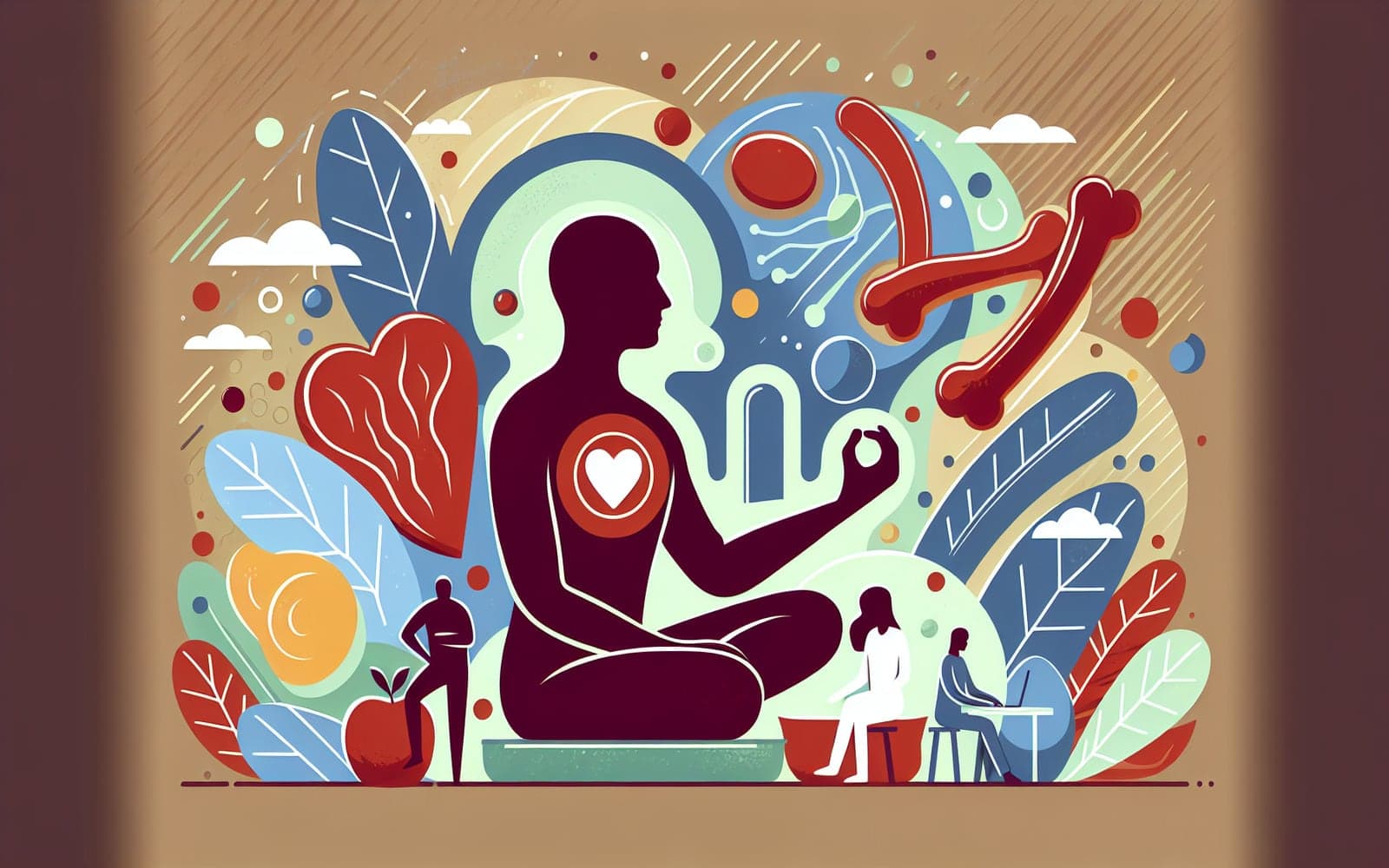Can Your Diet Help Combat Iron Deficiency Anemia?
Can Your Diet Help Combat Iron Deficiency Anemia?
What's This About?
Explore how your diet can play a crucial role in managing and preventing iron deficiency anemia.
Contents
- Iron-Rich Foods: More Than Just Spinach
- Dietary Deficiency: A Hidden Culprit
- The Role of Vitamin C
Iron-Rich Foods: More Than Just Spinach
When you think of iron-rich foods, spinach might be the first thing that comes to mind, but there's a whole world of iron-packed options out there. Meats, especially red meats, are rich in heme iron, which is easily absorbed by the body. If you're vegetarian, don't worry! Non-heme iron can be found in beans, lentils, and fortified cereals. Don't forget about combining these with vitamin C-rich foods like oranges to boost absorption.
Dietary Deficiency: A Hidden Culprit
Dietary deficiency is a common cause of iron deficiency anemia, especially in infants and young children who consume diets lacking in iron. Exclusive reliance on cow’s milk or non-iron-fortified formulas can lead to insufficient iron intake. Adults in resource-rich countries are less likely to experience dietary deficiencies due to the availability of iron in various foods and supplements. However, vegetarians and vegans should be mindful of their iron intake and consider fortified foods.

The Role of Vitamin C
Vitamin C plays a crucial role in enhancing iron absorption, particularly non-heme iron from plant sources. Including vitamin C-rich foods such as citrus fruits, strawberries, and bell peppers in your meals can significantly improve iron uptake. Research has shown that a glass of orange juice with your iron-rich meal can make a big difference in how much iron your body absorbs.
FAQs
What foods are high in iron?
Foods like red meat, beans, and fortified cereals are high in iron.
Can vegetarians get enough iron?
Yes, by consuming plant-based sources like lentils and beans.
Why is vitamin C important for iron absorption?
Vitamin C enhances the absorption of non-heme iron found in plant foods.
How much iron do menstruating females need?
They need about 18 mg of iron daily.
Is dietary iron sufficient for treating anemia?
Diet alone is often not enough to treat iron deficiency anemia.
Key Takeaways
Incorporating iron-rich foods and vitamin C into your diet can help manage iron deficiency anemia.
Additional References
- National Institutes of Health. Iron: Fact Sheet for Health Professionals. https://ods.od.nih.gov/factsheets/Iron-HealthProfessional/
- Auerbach M, Deloughery T. Single-dose intravenous iron for iron deficiency: a new paradigm. Hematology Am Soc Hematol Educ Program 2016; 2016:57.
- Achebe MM, Gafter-Gvili A. How I treat anemia in pregnancy: iron, cobalamin, and folate. Blood 2017; 129:940.
This article has been reviewed for accuracy by one of the licensed medical doctors working for Doctronic.











